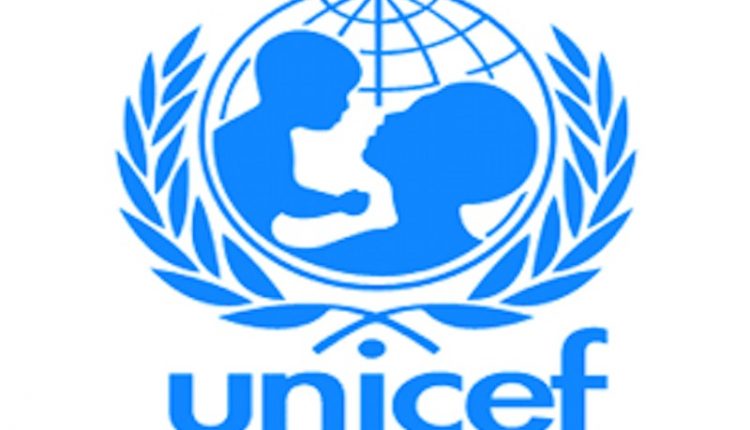UNICEF tasks pregnant women on adequate nutrition
The United Nations Children’s Fund (UNICEF) has urged pregnant women to take adequate nutritional foods during the first 1,000 days of their pregnancy, till the child is two years old.
According to UNICEF, the first 1,000 days of pregnancy is when there is greatest impact on a child’s physical and brain development.
Mrs. Ada Ezeogu, the UNICEF’s Nutrition Specialist in Akure field Office, gave the advice during a Monthly Technology Review Meeting (MTRM) on Counseling on Infant and Young Child Feeding Practice in Akure on Thursday.
The programme was put together in collaboration with the Ondo State Agricultural Development Project (ADP).
The UNICEF describes the first 1,000 days of life as “the time spanning roughly between conception and one’s second birthday. It is a unique period of opportunity when the foundations of optimum health, growth, and neuro development across the lifespan are established’’.
Ezeogu said: “The first 1,000 days of pregnancy is when you have greatest impact on a child, both in physical and brain development.
“It is a general saying in Nigeria that our children are the future of any nation.If children are fed well and grow up to be healthy, both in mind and body, the nation will be healthier and develop better.
READ ALSO: Thailand gets new queen ahead of King’s coronation
“So, it has become imperative that women eat adequate nutrition while they are pregnant so that the baby in the womb would be adequately nourished.
“Once a baby is born, the baby should begin to take only breast milk until he or she is six months old.
“After six months of exclusive breast feeding, our mothers should add complementary food which the child requires to meet his or her growth potential.’’
She, therefore, called on agricultural extension workers in the state to educate communities, farmers and women in rural areas on the kind of foods they should be eating to cover all the nutrients the child needs.
“We know that our farmers are interested in improving agriculture. We also know that agriculture without nutrition will not result in healthier lives.
“This is because, if our mothers don’t know how to use what they produce, you find out that it ends in the market.
“So, while they are improving agriculture products, they should also help them to make use of the same agricultural products to ensure nutritional security.
READ ALSO: Don Jazzy sends farewell message to Tiwa Savage
“Communities must not only produce but they should also be able to use it for their children,’’ she said.
Also speaking, Mr. Ayoadeniyan Babalola, Programme Manager of the state’s ADP, thanked the UNICEF for the collaboration and concern over the lives of pregnant women and children in the state.
According to Babalola, the UNICEF has collaborated with the ADP since 2018 and the collaboration will help and reduce the rate of child mortality in the state.
He called on the ADP staff in the field to put more efforts to educate women and communities on the kind of foods to be taking.
Babalola also urged them to get some data that would help UNICEF to find lasting solution to child mortality. (NAN)


